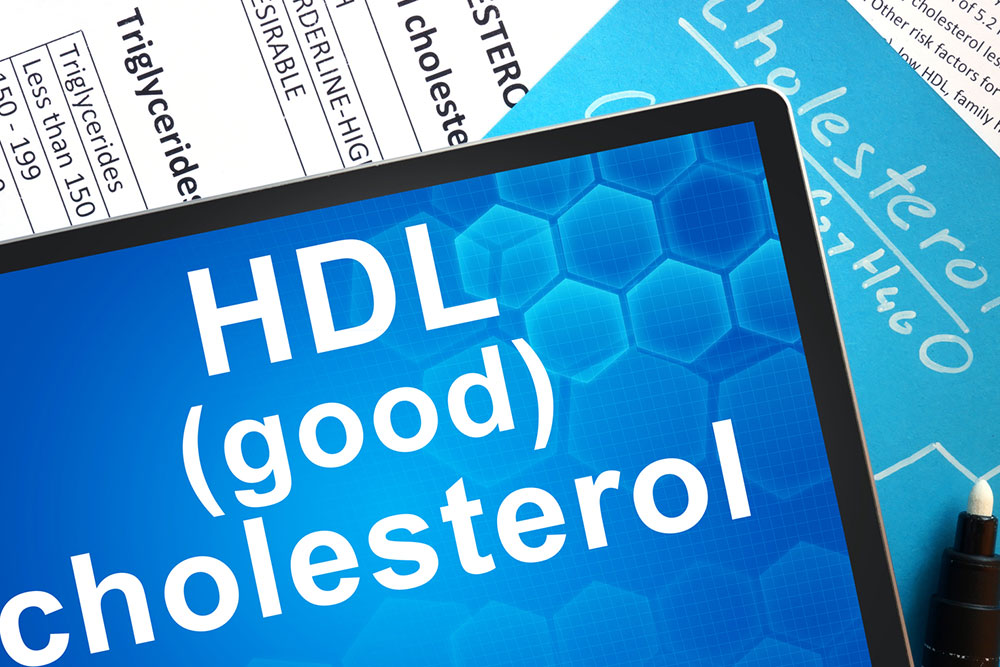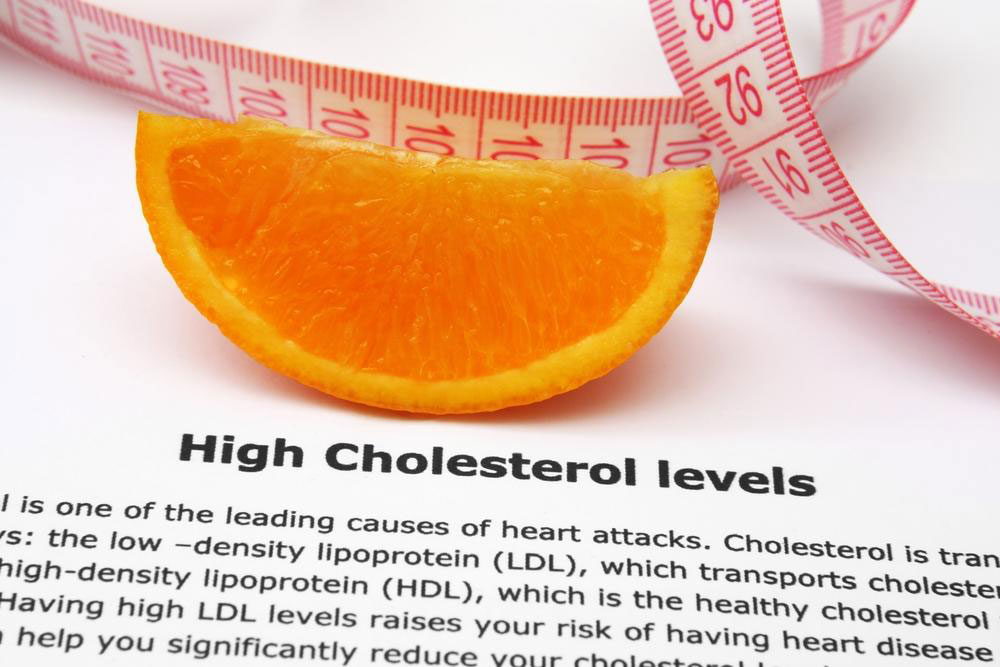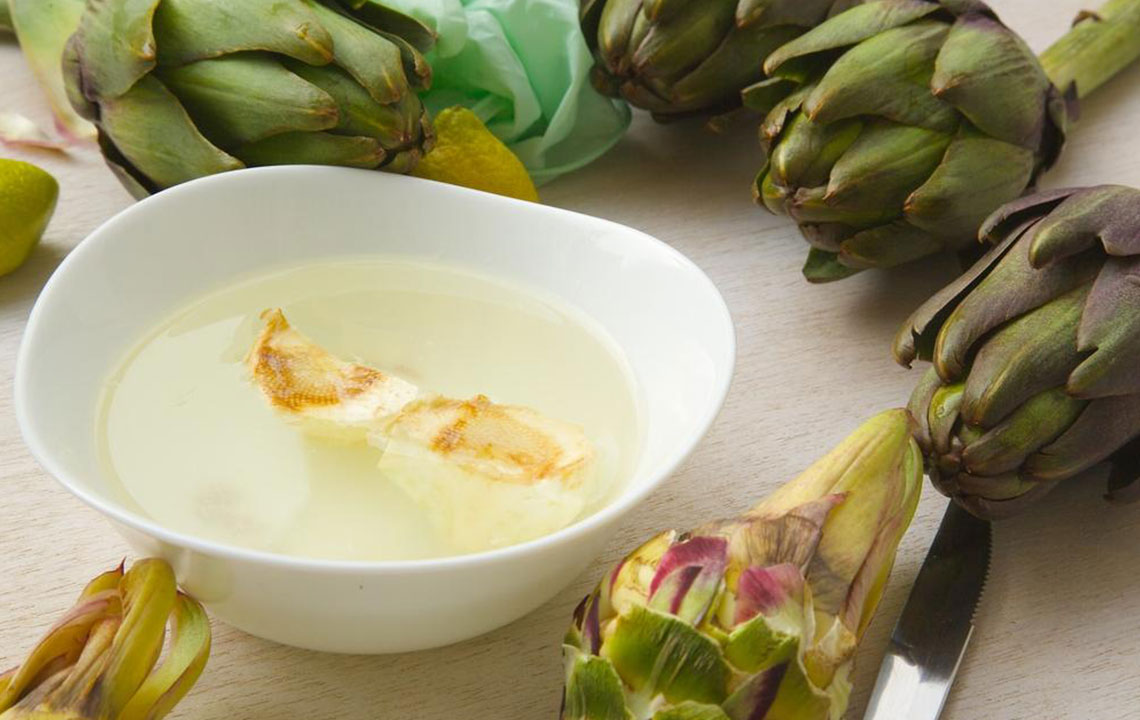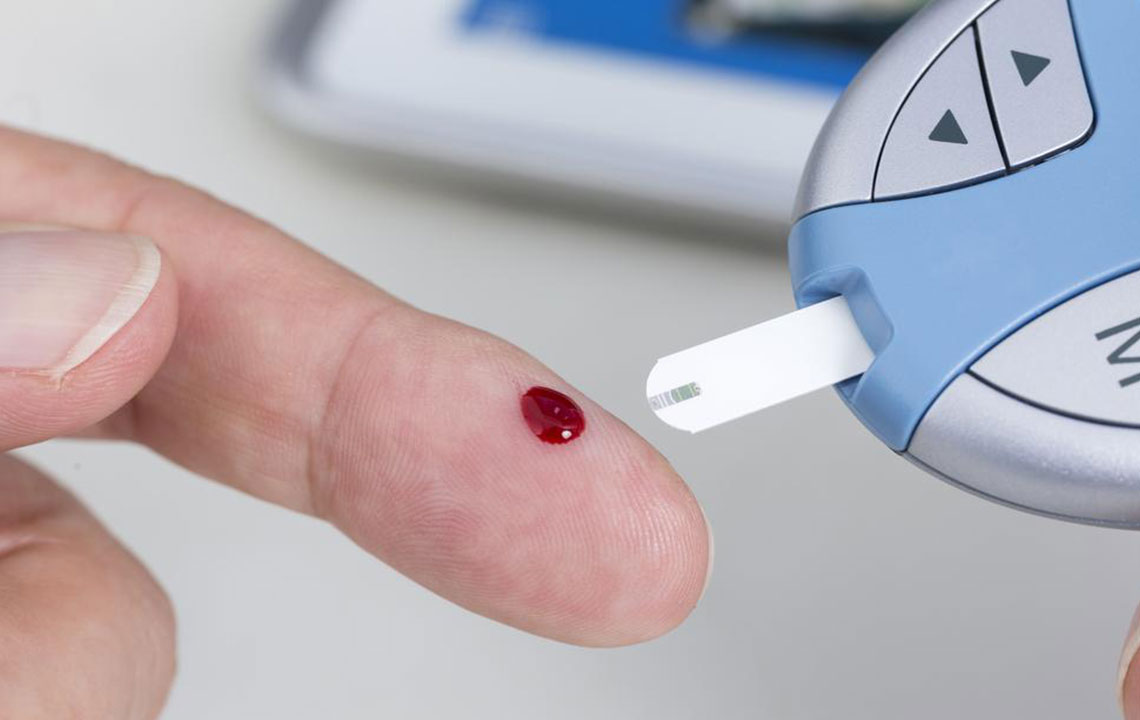Proven Natural Methods to Lower Bad Cholesterol and Promote Heart Health
Discover effective natural strategies to lower bad cholesterol, improve heart health, and prevent cardiovascular diseases. This comprehensive guide covers diet, exercise, lifestyle changes, and tips for maintaining balanced cholesterol levels naturally.
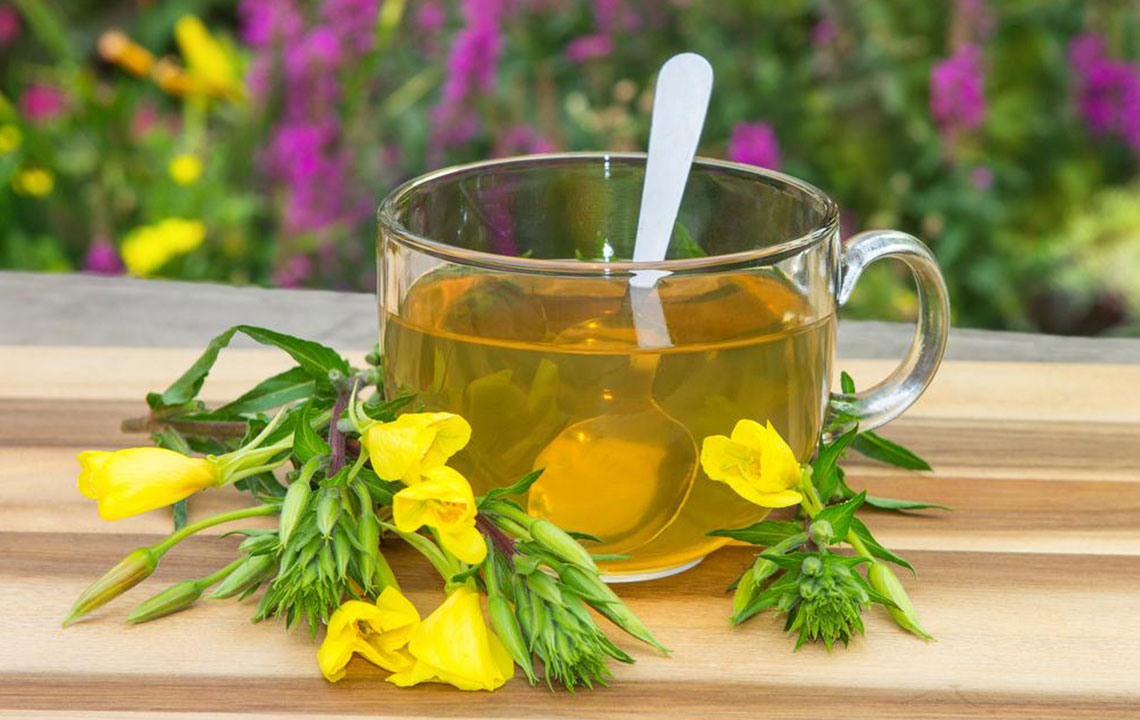
Proven Natural Methods to Lower Bad Cholesterol and Promote Heart Health
Cholesterol is a fatty substance produced naturally by your liver, playing a crucial role in maintaining overall health. It contributes to hormone synthesis, supports the integrity of cell membranes, aids in digestion through bile production, and assists in synthesizing vitamin D with exposure to sunlight. Despite its importance, high levels of low-density lipoprotein (LDL), commonly known as 'bad cholesterol,' can pose significant health risks, such as the development of plaque buildup in arteries, which can lead to atherosclerosis and increase the risk of heart attacks and strokes. Therefore, managing and reducing LDL levels through natural strategies is essential for long-term cardiovascular health.
Understanding the dynamics of cholesterol transport in the body is vital. Cholesterol circulates through the bloodstream via lipoproteins—lipoproteins are particles made up of fats and proteins that transport cholesterol and triglycerides to tissues and organs. There are various types: LDL (low-density lipoprotein), HDL (high-density lipoprotein), and triglycerides. LDL is often dubbed the 'bad' cholesterol because excessive LDL can deposit in artery walls, leading to plaque formation. Conversely, HDL, known as the 'good' cholesterol, helps remove excess cholesterol from the bloodstream, transporting it back to the liver for excretion. Maintaining an optimal balance between these lipoproteins is critical to prevent cardiovascular diseases.
While medications can help control cholesterol levels, adopting natural lifestyle changes can be highly effective and sustainable. Key strategies include following a diet low in saturated and trans fats, increasing intake of dietary fiber, consuming sources rich in omega-3 fatty acids, and engaging in regular physical activity. Incorporating foods such as oats, beans, olive oil, nuts, garlic, fruits, and vegetables into your daily diet can significantly influence your cholesterol profile. These foods are rich in soluble fiber, antioxidants, and healthy fats that support heart health. For instance, oats are known for their beta-glucan content, which helps reduce LDL cholesterol. Nuts and olive oil provide monounsaturated fats that can replace unhealthy fats in your diet.
Physical activity is another cornerstone of managing cholesterol levels. Regular exercise, particularly aerobic activities like walking, jogging, swimming, or cycling, can raise HDL cholesterol while lowering LDL levels. Exercise also improves overall cardiovascular function, aiding in weight management and reducing visceral fat, which indirectly benefits cholesterol levels. Experts recommend aiming for at least 150 minutes of moderate-intensity exercise weekly for optimal heart health.
Beyond diet and exercise, other natural approaches include quitting smoking, limiting alcohol intake, managing stress, and maintaining a healthy weight. These lifestyle modifications work synergistically to enhance cholesterol metabolism and reduce the risk of heart disease. Regular screenings are vital to monitor your cholesterol levels and assess progress. If natural methods alone are insufficient, consulting healthcare professionals for personalized advice or medication may be advisable.
Ultimately, achieving and maintaining balanced cholesterol levels is a proactive step toward preventing serious health issues and promoting overall well-being. By incorporating these natural strategies into your daily routine, you can significantly reduce your risk of cardiovascular disease, improve your quality of life, and enjoy long-term health benefits.
